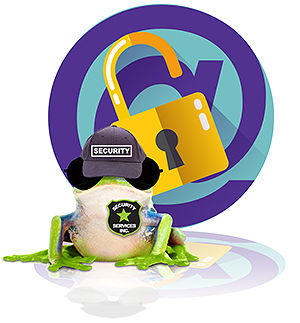Email is basically the same as it’s been since the ’80s. It was never meant to be totally private, and the available add-ons and security features are far from foolproof. But despite these flaws and others, it’s still the go-to because we’re all busy.
Here are eight ways you (and your business) can replace your outdated email habits with options that are newer, better, and more secure – and won’t create a permanent record if you don’t want them to:
1. Use chat apps instead.
They’re not just for kids. Instant messaging platforms are great for questions and planning. WhatsApp and GroupMe are both good and secure, and for business Skype for Business and Slack work well. You can set it up so messages are deleted from both ends once they’re read.
2. Use collaboration tools.
Choose a platform like Podio, Asana or Slack when working with others on a project and you need more features than chat. Delete the collaboration when you’re done, or archive and encrypt it.
3. Use video chat.
Have an actual conversation and avoid writing completely. And don’t record the chat. You can also filter your image while video chatting if you want.
4. Delete old emails.
Go back and delete old emails every three months. For business, implement a deletion strategy and include it in your policies. Make sure to set up an archiving system first and always encrypt your archives.
5. Encrypt your backups.
In addition to encrypting your archives, encrypt your computer backups. Unencrypted email backups can usually be forwarded.
6. Encrypt your computer disk.
Your computer can be stolen. So encrypt your disk. For Windows 10 Professional or Windows 10 Enterprise, use built-in BitLocker. For Windows 10 Home, you need to use a third-party encryption solution or upgrade to Windows 10 Pro. For Macs, use FileVault.
7. Talk on the phone.
Your smartphone also makes calls! Sometimes a quick phone chat is the way to go. Some business leaders (like Richard Branson) avoid email entirely when it comes to problem-solving.
8. Use snail mail for key documents.
OMG, what? But there’s a reason the government, banks, lawyers, and a lot of other heavyweight business pros have the important stuff hand-delivered. It’s a whole different thing to steal actual printed documents.
Once you get used to using these options, you’ll not only avoid security issues and those dreaded Reply All mistakes, you’ll wonder why you didn’t upgrade your email habits earlier.
If you liked this post, don’t forget to subscribe to FrogTalk, our monthly newsletter.

